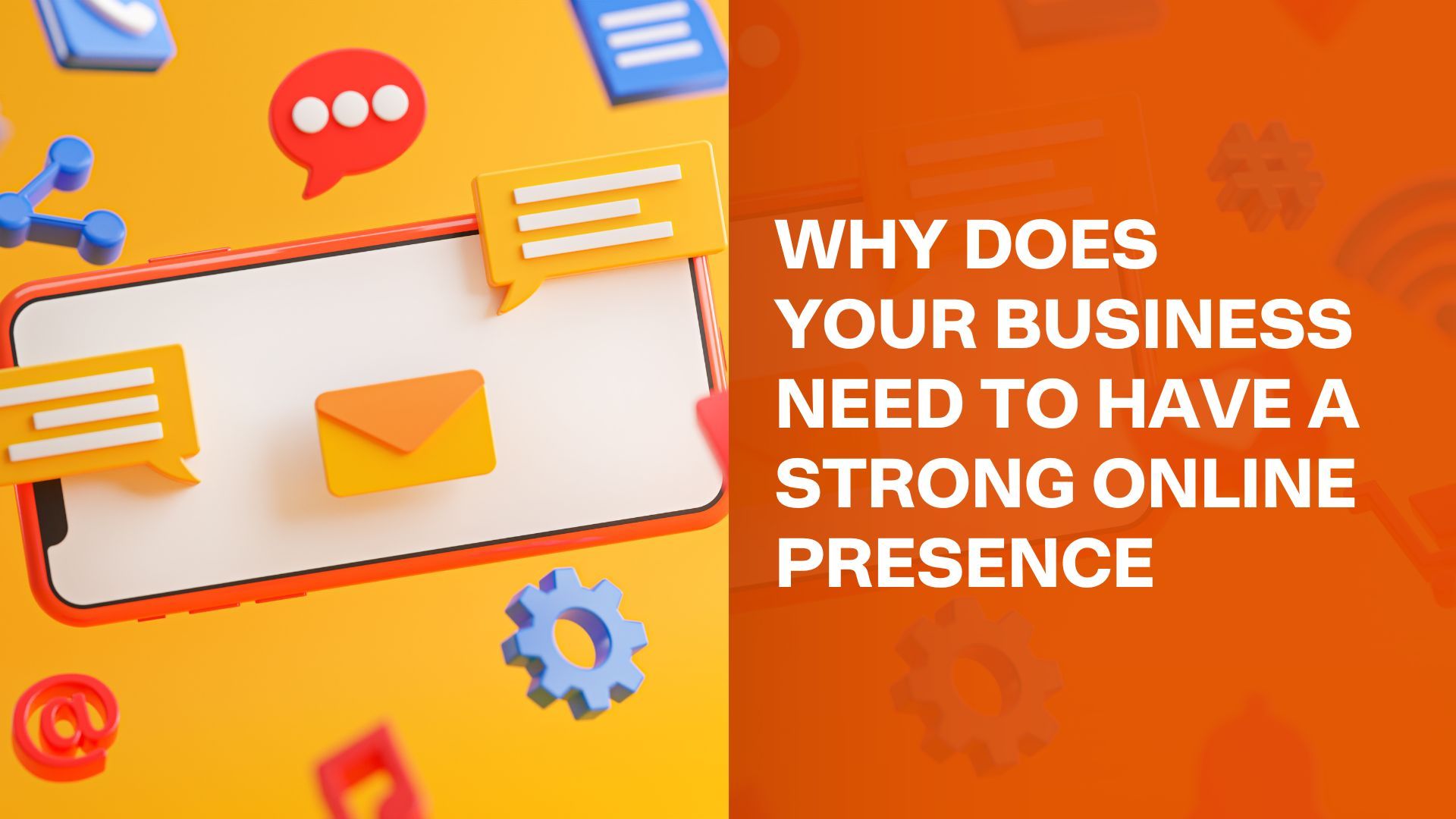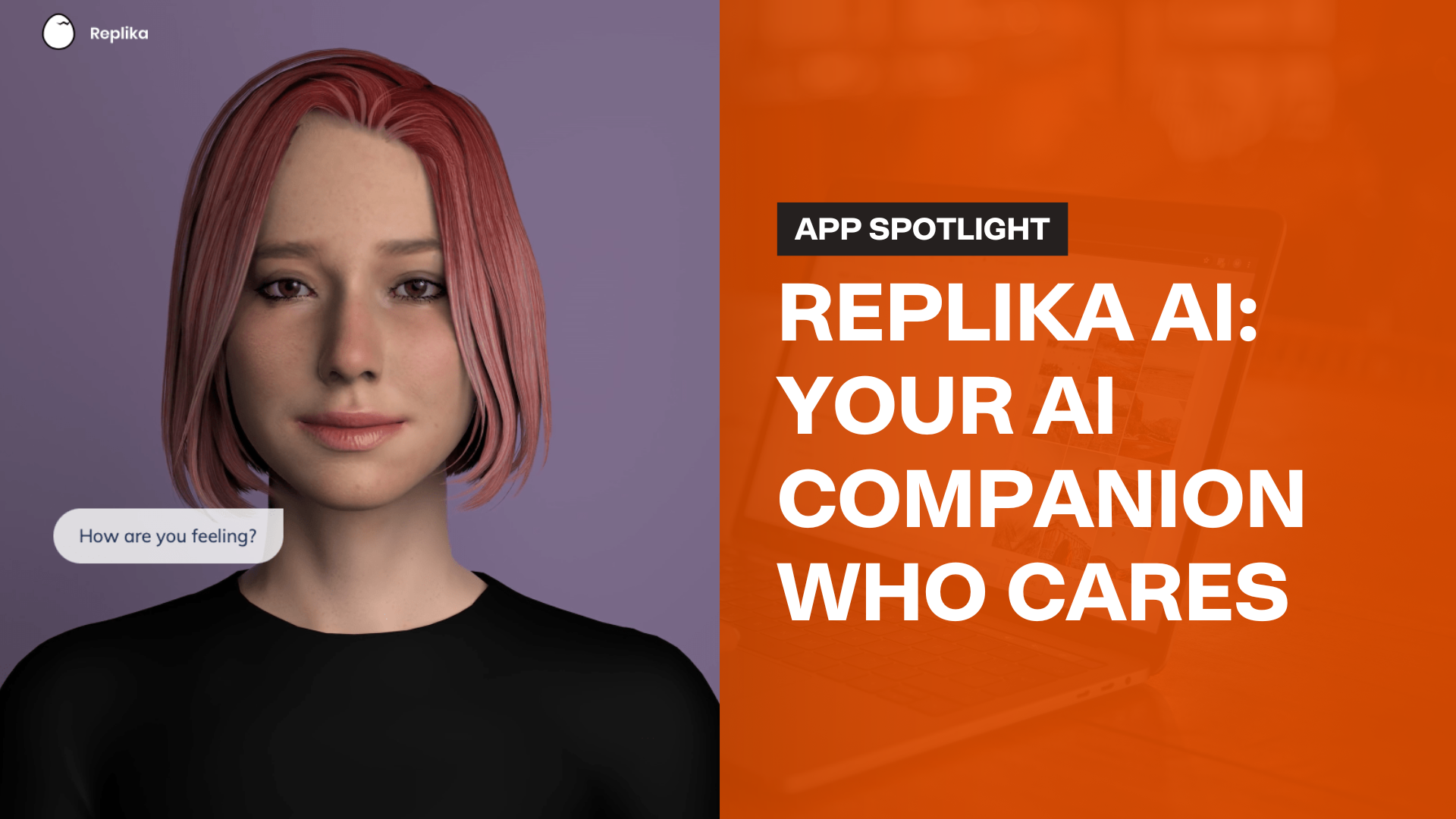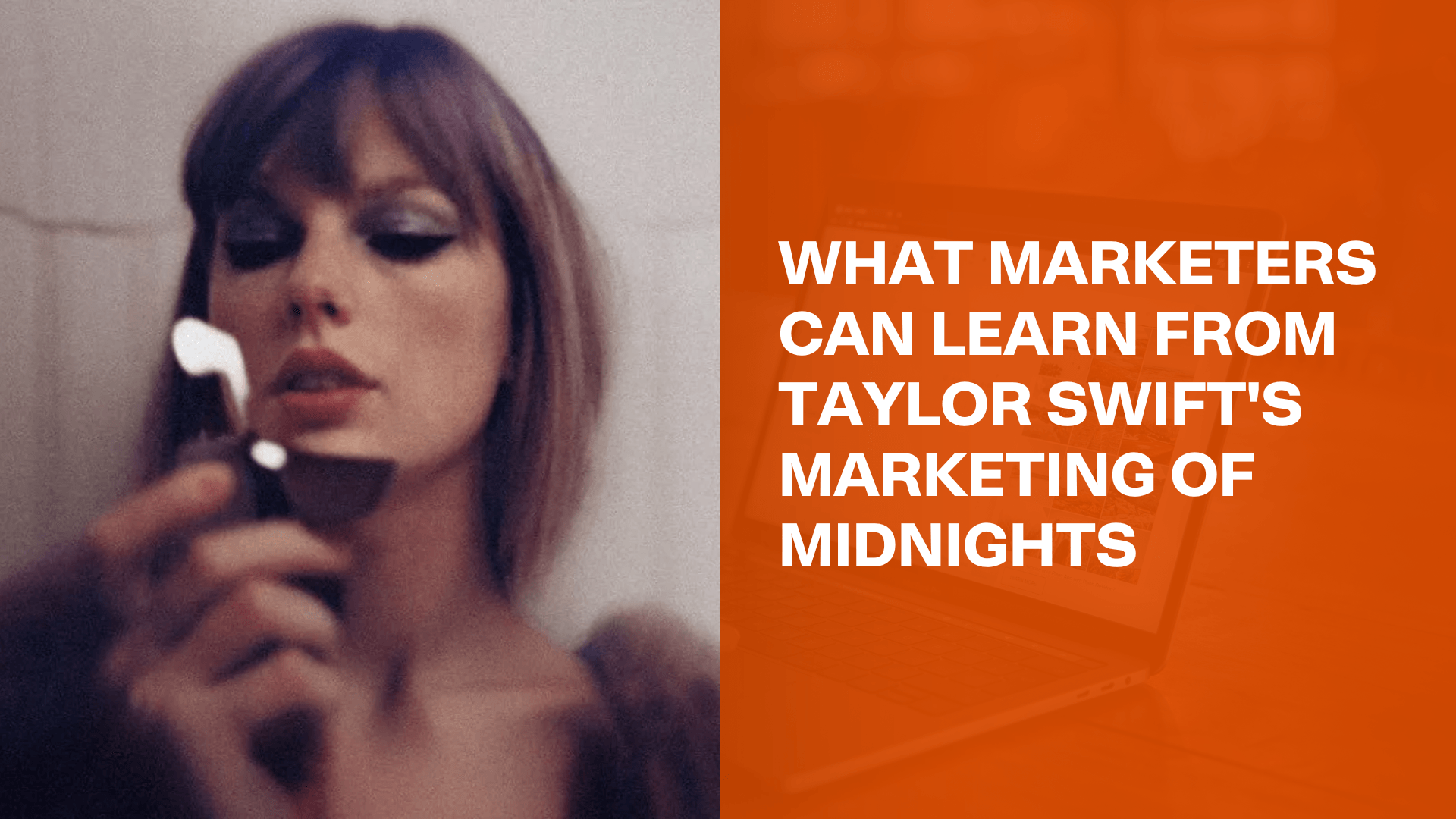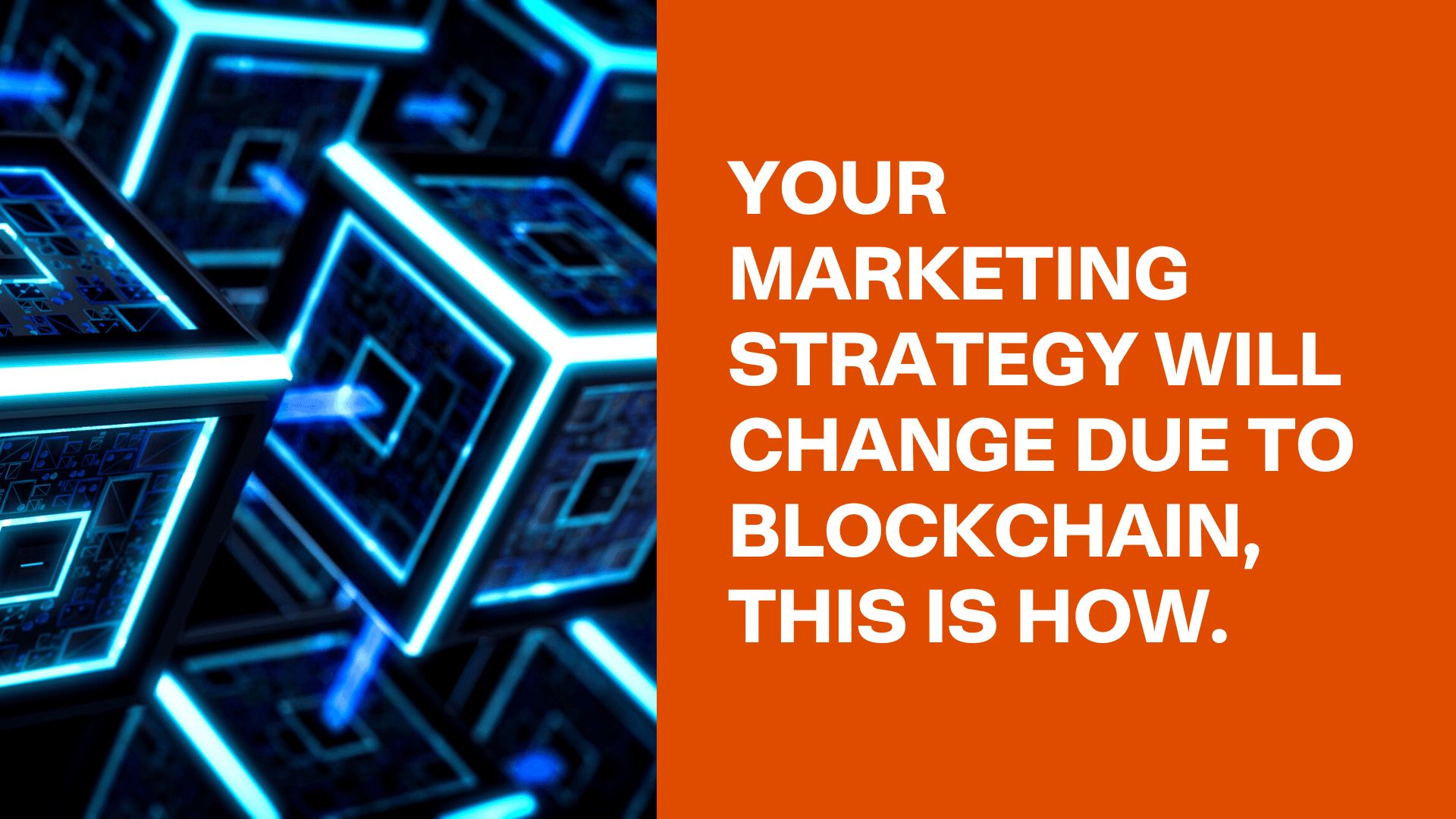5 Myths Marketers Got Wrong About Gen Z, According to Data & Our Gen Z Intern
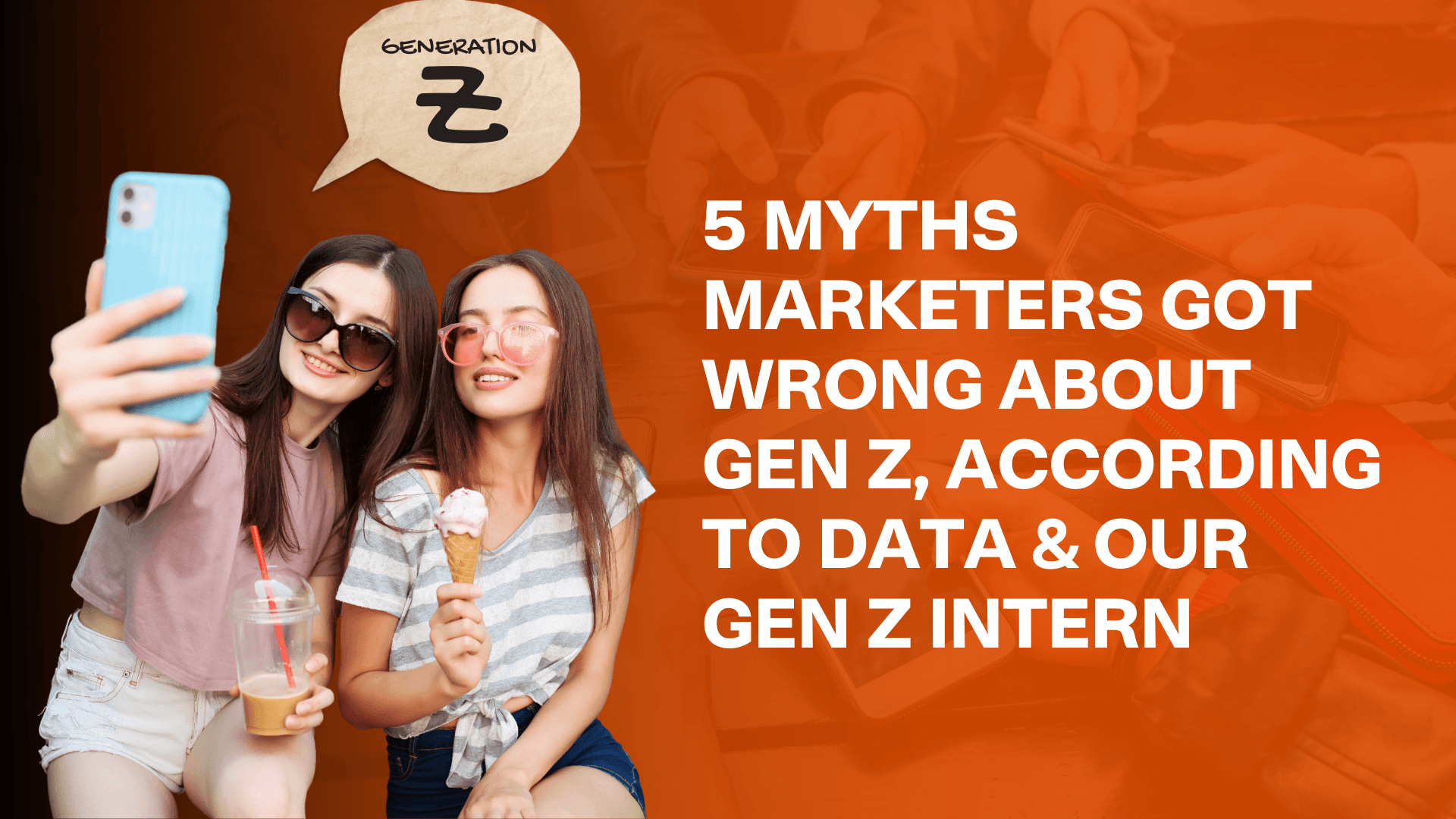
Gen Z can, in all honesty, feel like an alien culture. Even me, a 2001 baby. People can tell you it's pretty evident when marketers try too hard to sell to our generation; it frequently comes off as forced and false. The following are the common myths about Gen Z regarding marketing.
Five Gen Z myths busted
Fast fashion is a Gen Z obsession.
It's simple to assume that SHEIN or Princess Polly represents our generation hauls on TikTok or Instagram. Of course, these online merchants do have some influence over our generation. Still, the retail resale websites are what catches our eye. Depop's user base, for instance, has 90% of users under the age of 26.
Since resale clothing is used, Gen Zers are now buying this stuff in a much less destructive way.
More than any other generation, Gen Z thinks about a brand's ethics and its position on social issues rather than getting sucked by offers and low pricing. You don't only have to believe what I say. We polled more than 100 members of Generation Z. We discovered that how a brand handles social responsibility significantly influences Gen Z consumers' purchasing decisions.
Additionally, 50% of Gen Z respondents asked if businesses should take a stand on social problems agreed. This calls for marketers to give Gen Z and even younger millennial audiences top priority if they haven't already.
I implore you not to view social concerns as an all-encompassing word frequently bandied about without any supporting evidence. Instead, divide it into more minor, manageable problems you can combat and win. Here's where to start to give you a little additional assistance:
Racial justice was by far the most significant issue for Gen Zers. They want businesses to take a stand (69%), followed by LGBTQ+ rights (50%), gender inequity (46%), and climate change (42%).
"Data security and privacy are irrelevant to Generation Z."
I can see why so many people hold this opinion. Due to Gen Z's reputation for being addicted to their phones, there is a risk of unregulated and insecure data.
We also belong to the TikTok generation. As many of us know, TikTok has not been without its share of privacy issues. Don't underestimate us, even though we occasionally display irresponsibility, particularly on social media (the milk crate challenge wasn't the fairest idea).
We believe we were the first generation born into a technology era. We have seen more of its realities than any previous generation; data security and safety are naturally top of mind.
Trustworthiness of a corporation with their data is the second most crucial factor before purchase, as seen in the graph above, and has a significant impact on Gen Z's decision-making.
According to the information above, marketers must educate our generation about data privacy. They cannot presume that we are unconcerned with these issues. Ensure that we are not being taken advantage of or deceived. Don't think you can do anything with our data; we won't care. We might not always value it over experience and entertainment (as evidenced by our use of TikTok). Still, we won't mind if you do.
"TikTok is The Best Way to Reach Gen Z."
TikTok is a terrific platform for Gen Z since it gives it's content a genuine sense that no other app can. This style is incredibly appealing for those with shorter attention spans and busy schedules. In actuality, Gen Z utilizes TikTok the most frequently. Despite this, it's not our preferred social media site—surprisingly, perhaps.
From the marketer's standpoint, TikTok Contents require more effort to produce. Here, One should not forget the all-time reliable old buddy Instagram - even for Gen Z.
For various reasons, Gen Z avoids making direct purchases on TikTok. These include the above-noted concern for data privacy and the desire to only utilize that area for communication and pleasure rather than for marketing and acquisitions.
As a result, Instagram should be your first choice for direct selling through social media. Because Analytics say 28% of Gen Z reported making an immediate purchase using a social media app in the last three months).
"Gen Z will purchase a product if you put it in front of them."
Even though we favor TikTok-style content, we are not necessarily open to all kinds of short-form films, including those that promote goods.
We need to be given the impression that we discovered the product on our own before purchasing social media. We don't want to feel pressured into making a choice, primarily if it's prompted by a blatant commercial that doesn't speak to us.
To influence Gen Z, The Brands must prioritize creating engaging content. Once they've piqued our curiosity, they can insert their product more efficiently rather than risk receiving another raised eyebrow from us.
Word of mouth is a fantastic approach to connecting with Generation Z.
Yes, I know this may sound contradictory, given how much we enjoy conversing but bear with me. Gen Z is stressed, as was just mentioned. We feel powerless, condemned, and like the world's weight is on our shoulders.
That brings about a unique sense of unity and connection among us. Gen Zers trust one another as a result since they are experiencing similar shared sentiments. And what better means of rapprochement than social media?
Online forums and social media have become our modern-day word-of-mouth.
While targeting younger customers may need some finesse, "cool" brands on social media aren't the only ones to pull it off.
Have you added graphic material? More truthfulness? More back-and-forth exchanges with clients?
Hey, we think all of those sound good.
Brands have the opportunity to forge meaningful connections that are advantageous to all parties. And to get sales, it's worth understanding Gen Z's tastes and what sets them apart from previous generations.


